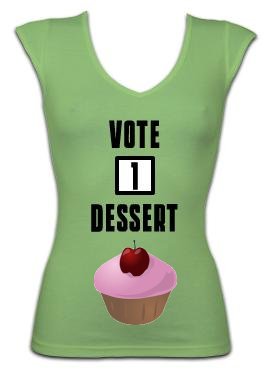I had forgotten what it was like to click with someone on the first meeting. I mean really click. Going beyond ‘Oh, she seems really nice. It’d be good to meet again.’ I mean the kind of rapport when you could sit and talk for hours, even if you can’t remember her name because when she first introduced herself, you didn’t pay special attention because you didn’t know you would click.
I haven’t clicked with someone new for maybe a year or two. However, on Friday I met two people that I found so likeable that I had to eventually force myself away to mingle elsewhere in order to stay within the normal bounds of first time friendliness.
I didn’t want to scare them away, although probably they liked me too and were also trying to calculate the right time to move on. I suspect that clicking has to be mutual.
The first person I clicked with on Friday is an older woman who leads the maritime business for a rival consultancy. She was sitting next to me at a gala lunch. We didn’t talk about anything in particular: work, business ethics, accounting systems, our old teachers. It just seemed that we always had something to say. We swapped business cards and I hope I can see her again some time.
The second person I clicked with is a man about my age who used to work at my company, but now works for another rival. I had just arrived at a house warming party and warned him about a giant bug crawling on his shirt. We also got talking about everything and nothing. I don’t think I’ll see him again unless our mutual friends organise another gathering.
It leads me to think about what my click quotient is. I will define this as the proportion of new people I meet with whom I click. I wonder if people have similar click quotients?
Originally, I was thinking that people have different click quotients depending on how open their personalities are. That is, the more easy going, receptive and chatty you are, the more chance you will click with a stranger.
But maybe that’s not the case. Maybe for those people who perceive that they click with many people are in fact just meeting a lot more people because they are:
- in a new situation, such as a new job, course or city, and there are lots of people to meet; and/or
- extroverted and comfortable chatting to strangers, and so in any particular room of people, will meet more of them.
So what I mean is maybe the there is a general trend for people to genuinely click with, say, 10% of people they meet. The people we see who seem to have a rapport with many people are simply clicking with 10% of a larger number.
But perhaps the opposite is also true. Maybe when you click with lots of people, you don’t think it’s all that special. Certainly for me, having not clicked with anyone new for so long, it felt a bit wondrous to do so on Friday.
Another factor is probably also the crowd that you’re moving with. If you mingle with people who have the same interests and background as you, then that might increase the click success rate.
I wonder what the smallest length of time is that you need to speak to someone before you click?
I wonder if clicking really must be mutual? (otherwise the result could be stalking or uncomfortable distancing)
I wonder if some people with a lower click quotient experience more profound/deeper clicking when it happens?
I wonder if you don’t click with someone straight away, you can develop the same rapport over time? If this happens, is it something new that has developed or is it the discovery of something that was always there?

